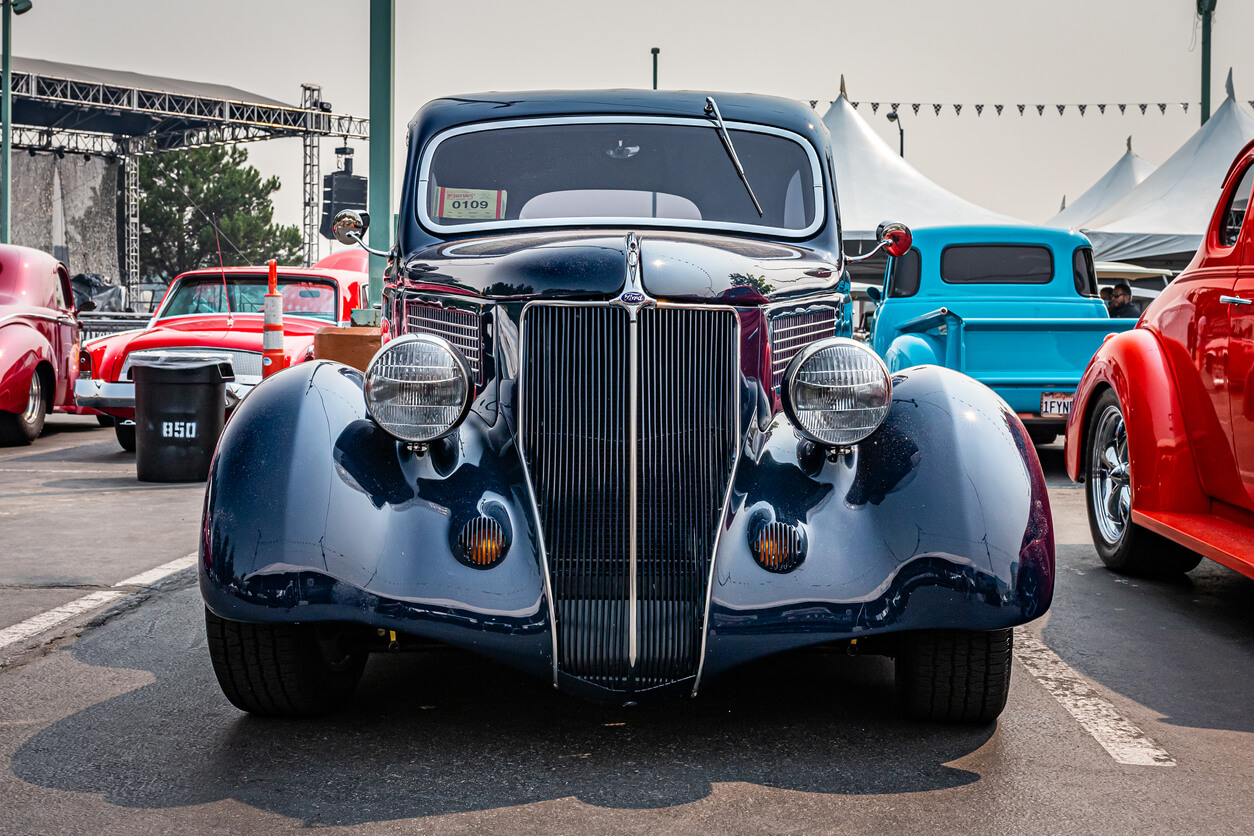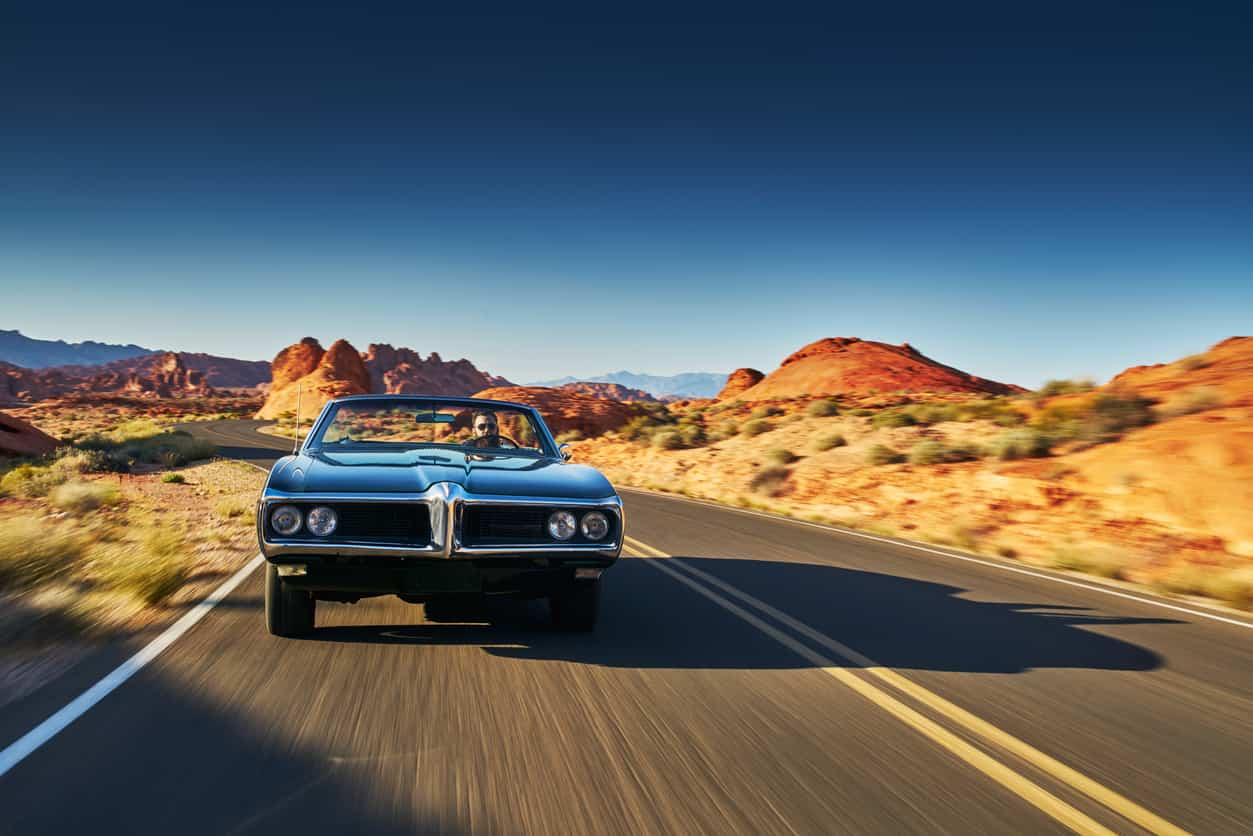The Timeless Charm of Classic Cars
The allure of classic cars lies not just in their nostalgic designs but also in the stories they carry. Across America, countless enthusiasts treasure these automotive relics, often treating them like family members. Consequently, shipping these beauties from one state to another requires special care and attention. After all, for many, they are irreplaceable fragments of history.
Choosing the Right Transportation Mode
Selecting the best mode to transport your classic car is paramount to ensuring its safety and maintaining its condition.
Enclosed Transport: Protecting Your Investment Enclosed transport offers a higher level of protection. By shielding the car from external elements like dirt, rain, or potential prying eyes, it remains secure and pristine.
Open Transport: Affordable but Less Protective If budget constraints are a concern, open transport is the economical choice. However, the exposed nature means potential wear from weather conditions.
Navigating State Regulations: The Must-Knows
Different states have distinct regulations and guidelines when it comes to vehicular transportation.
California’s Climate Considerations: With its sunny disposition, California provides a prime location for classic car enthusiasts. But be wary; its regulations on emissions and air quality can be stringent. Ensuring your car meets these standards before entering the Golden State is crucial.
Texas and Size Limitations: In Texas, everything is bigger, and so are the rules. The state has specific size and weight regulations for transported vehicles. It’s essential to be aware of these to avoid any unexpected challenges.
The Financial Aspect: What Will It Cost?
Transporting a classic car isn’t the same as moving a regular vehicle. Given their value, both monetary and sentimental, determining the cost becomes pivotal.
Insurance Coverage: Always verify the transporter’s insurance policy. Ensure it covers the full value of your classic car. In some cases, additional insurance may be necessary.
Distance and Duration: Logically, the farther the journey, the heftier the price tag. Similarly, expedited shipping can increase costs.
Preparing Your Classic Jewel: Pre-shipment Steps
Before sending your vintage vehicle on its journey, some preparatory measures guarantee its safety.
Maintenance Check: Although it won’t be driving the distance, ensuring your car is in top condition, like checking for any leaks, is vital. A well-maintained vehicle faces fewer risks during transportation.
Personal Belongings: Remove any personal items from the car. Not only do they add weight, but they may also become potential projectiles during transit.
The Arrival: Post-Shipment Tips
Once your classic car reaches its destination, a few checks ensure everything went smoothly.
Document Everything: Always have a list or photographic record of your car’s condition before shipment. Comparing this with its state upon arrival helps identify any potential issues.
Test Drive: Before hitting the open roads, take a short test drive. It helps to spot any discrepancies or issues that might have arisen during transportation.
Conclusion
Shipping a classic car across states in the U.S. is no trivial task. From choosing the right transport mode, navigating state regulations, understanding the costs involved, preparing the car, and checking upon arrival, each step requires careful consideration. With the right approach and knowledge, you can ensure your prized possession travels safely, ready to turn heads and reignite memories wherever it roams.
FAQ
- Is it safer to transport my classic car in an enclosed trailer?
Yes, an enclosed trailer provides superior protection against external elements, ensuring your classic car remains in pristine condition. - Do I need special insurance when shipping a vintage vehicle?
While transporters have insurance, it’s wise to ensure it covers your car’s full value. If not, consider purchasing additional insurance for added peace of mind.





